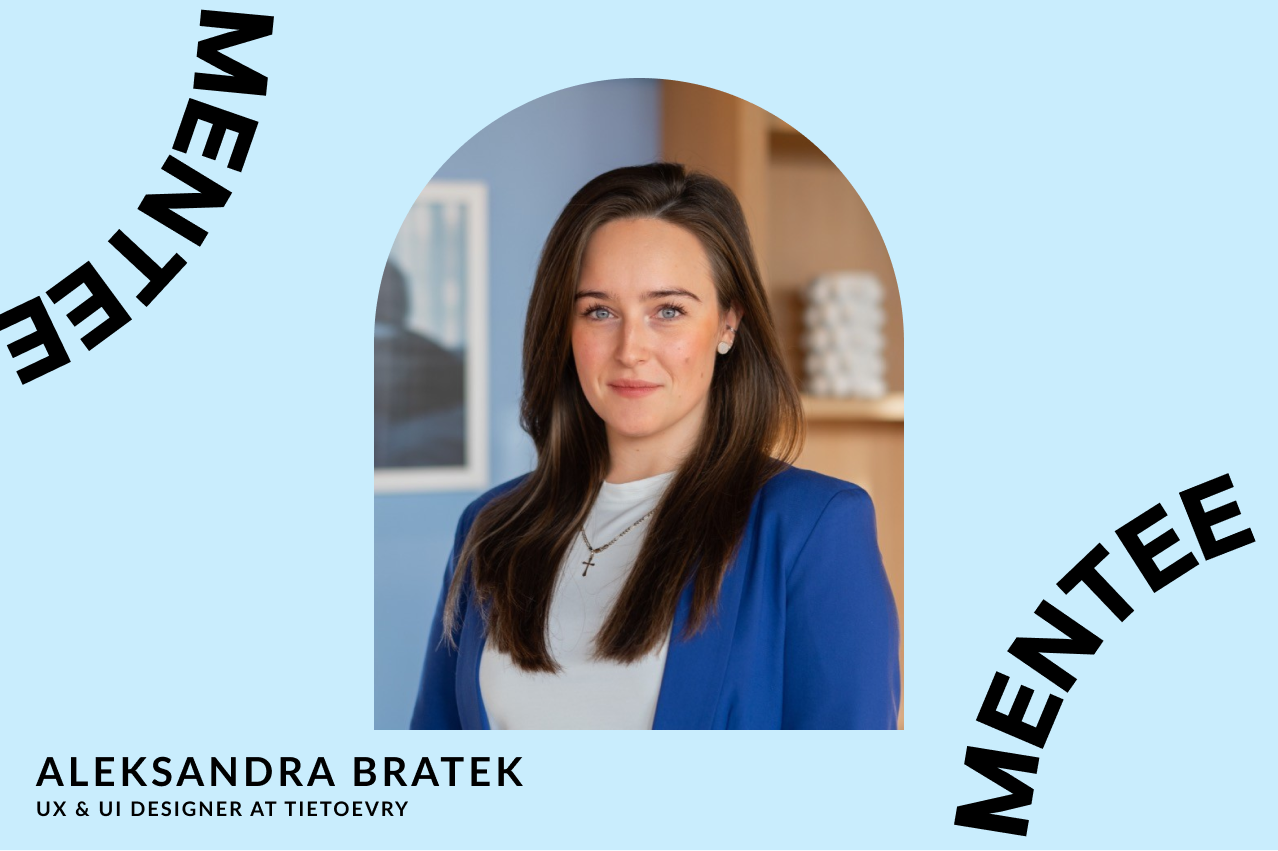
Not long ago, someone asked me: “Why do we need to know about all these cultural differences? Isn’t it enough to treat everyone with respect?” Well, everyone deserves respect, regardless of their culture, gender, age, religion, or background. But here’s the trap: the way we demonstrate respect varies widely around the world. If we’re not aware of these differences, even our best intentions might be misunderstood.
For example, did you know that in India, using your left hand to eat, pay, or pass an object to another person is considered disrespectful? Or that cracking jokes with your boss in Japan might feel inappropriate? What about direct eye contact that is seen as confident behavior in the U.S., but possibly intrusive in other parts of the world?
One of the subtle but powerful differences across cultures lies in the approach to small talk. In many parts of the world (Middle East, Central Asia, or Latin America), relationships come first. You don’t rush into business. You take time to connect, show genuine interest, ask about someone’s well-being, and yes, ask about their family. In negotiations with external partners, you wait to “be invited” to business-related conversation. Only after that, you move ahead.
But if you’re working with people from countries where efficiency is valued (like Germany, USA, or Scandinavian countries), small talk might seem unnecessary. A simple “How are you?” is enough before diving straight into tasks, numbers, and deadlines. After all, business is business – why discuss your family or your kids? Of course, even in these cultures people do socialize. Colleagues might ask about your weekend but usually only after they’ve worked with you for some time. In these cases, “getting to know you” happens gradually, first of all, through shared work experiences, and only then through casual conversations or personal stories.
So, what happens when people from these different cultures are working together? Well, this is where mutual flexibility becomes essential. No one needs to abandon their preferences completely but everyone can stretch.
If you’re someone who likes to get to the point, be open to a few minutes of small talk. Don’t let your face show frustration if someone wants to share a story before you dive into business issues (and be ready to talk about yourself). And if you love long warm-up conversations, make sure there’s still time to reach decisions and stick to the agenda. A simple agreement can help: “Let’s use the first 10 minutes to connect and share news, then we stay focused on the agenda.” In this case, no one feels rushed, and no one feels like wasting time.
Here’s the truth: we all sometimes say or do things without realizing they might be considered inappropriate and disrespectful to someone from another culture. But that’s exactly why cultural knowledge matters. It doesn’t guarantee that we’ll never make mistakes, but it shows we care enough to adapt. And in global teams, that effort is often what makes the difference.


